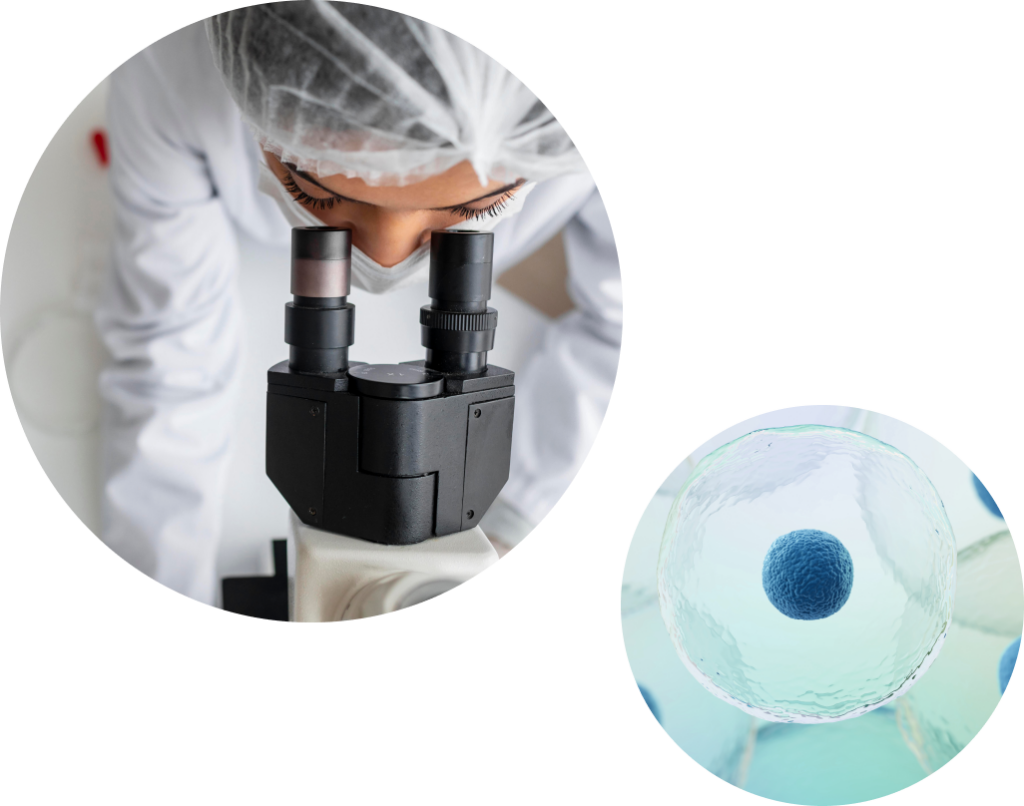
Motivated By Science
BioArdis is an innovative therapeutic development company with a pipeline of oncology and immuno-oncology drug candidates, and a novel chimeric antigen receptor T cell (“CAR-T”) platform with multiple therapies targeting solid tumors.
Our Small
Molecule Platform
BioArdis was founded with the vision of discovering and developing best-in-class small molecule therapies in emergent oncology and immune-oncology indications. BioArdis’s oncology pipeline now includes four pre-clinical oncology programs. In addition, BioArdis has developed a novel, first-in-class dermatological therapy that is in advanced lead optimization.


Our Cell
Therapy Platform
BioArdis launched its cell therapy platform with a mission to develop first-in-class CAR-T therapies that target solid tumors with a high degree of precision, safety and efficacy. BioArdis is powered by a proprietary, accelerated high-throughput screening engine that has allowed the company to develop multiple therapies, with two candidates currently undergoing IND-enabling studies.
Meet The Team
Management
Chief Scientific officer,
Large molecule and Cell Therapy
Farzad Haerizadeh oversees and manages large molecule and cell therapy pipelines and programs at BioArdis.
Farzad has more than 20 years of experience in the life sciences and biotech industries with a strong focus on adaptive cellular and immuno-oncology products including CAR-T, allogeneic CAR-T, allogeneic ‘off the shelf’ stem cell/iPSC products, mammalian genome editing and synthetic biology. In the past several years he served as the VP of preclinical IO platform development in F1Oncology/ Exuma Inc.
He also held multiple key R&D roles in several pharma/biotech companies such as Intrexon, Synthetic Genomics, Life Technologies Corporation (Thermifisher Scientific) and Codexis Inc. where he initiated and directed multiple cutting-edge adaptive cell therapy (engineering T cells, T cell receptors (TCRs), NK cells) and therapeutics discovery platforms, xenotransplantation, protein engineering and industrial enzymes evolution programs. He is also experienced in bio-manufacturing and product development.
Farzad holds a PhD and a postdoctoral fellowship in Molecular, Cellular & Systems Biology from the University of Melbourne, Australia, and a postdoctoral fellowship from Stanford University, California.
Vice President of
Operations
Helena (Liqun) Jiang brings over 17 years of industry R & D and management experience in drug discovery programs to BioArdis. Her vast experience includes target validation, assay development and validation, SAR funnel development, compound screening and MoA studies for various target families and disease areas. Helena is responsible for program management and supervising BioArdis operations in China.
She has managed hundreds of projects for pharmaceutical/biotech companies in the US, Europe and China resulting in value-added contributions to their pipelines while working for leading companies including Adlai Nortye, BioDuro and HD Biosciences.
Helena’s education includes a Master of Science in Cellular and Molecular in biology from Peking Union Medical College, graduate school work and Research Associate with University of Texas at Austin, and an Executive MBA from University of Plymouth.
Chief Scientific Officer,
Small Molecule
Frank Kayser spearheads all aspects of small molecule discovery at BioArdis. With expertise in medicinal chemistry and structure-based drug design, Frank has developed numerous candidates for neuroscience, cardiovascular disease, metabolic disorders, oncology, and immunology. He has led multidisciplinary teams that progressed compounds from early chemical leads into optimized clinical candidates, including multiple Ph2 and Ph1 clinical compounds.
Previously, Frank was Senior VP Chemistry for Integrated Programs at BioDuro. Additionally, he’s held research and management positions in the pharmaceutical industry at Merck, Tularik and Amgen.
Frank is a co-author on more than 40 peer-reviewed publications as well as an inventor of more than 40 US-issued and corresponding international patents, and multiple pending US and PCT applications. Frank has a Ph.D. in Chemistry at the University of Marburg, Germany with Prof. M. T. Reetz, and a Postdoctoral fellowship with Prof. B. H. Lipshutz at the University of California, Santa Barbara.